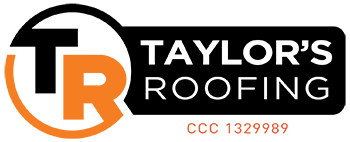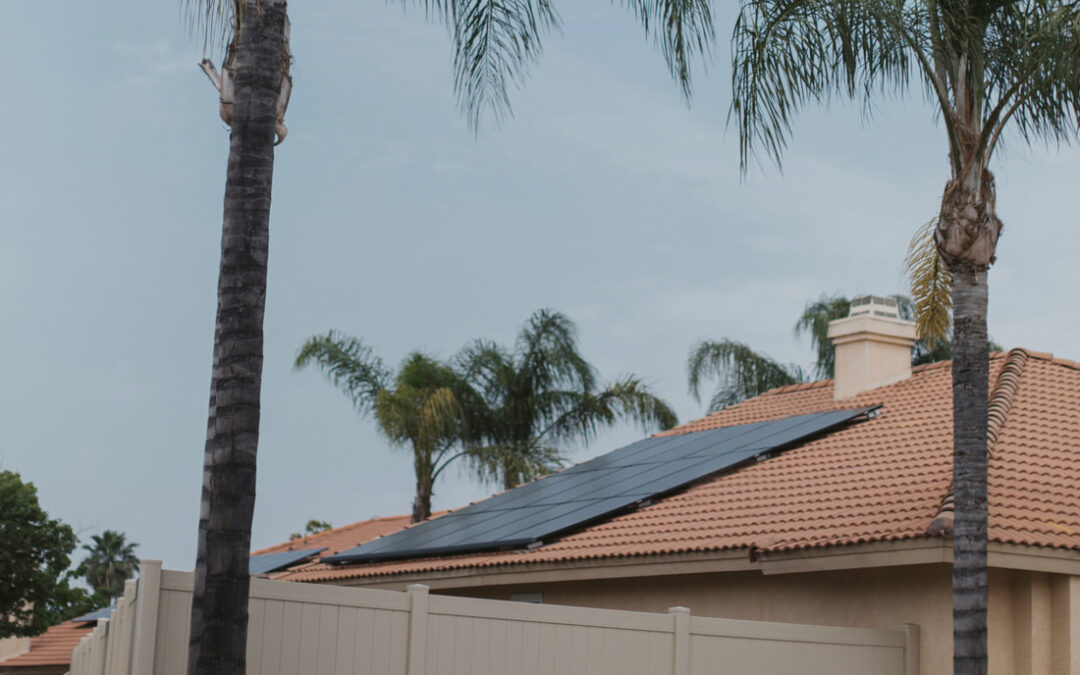Pros of Solar Energy
1. Reduced Electric Bill
The biggest pro of solar panels is the reduction in costs seen on your electricity bill. Solar energy can help most consumers supply power to your home as an alternative or supplement purchasing power from the grid. As a result of the increasing costs of natural gas, Florida residents and businesses are likely going to get hit with higher electric bills in 2023.
2. Reduced Carbon Footprint
Solar energy generates power without emitting carbon dioxide into the atmosphere. There is some carbon footprint associated with producing and distributing solar panels, however, the energy produced from solar panels is clean and free of pollutants. The general rule of thumb is after the first 3 years of production, your solar panels will be carbon neutral for the remainder of their lifespan.
3. Increasing Your Home Value
According to Zillow, homes with solar panels sell for 4.1% more on average than comparable homes without solar power. In 2022, the median home value in Florida is $406,426.00 so that translates to an additional $16,663.47! Additionally, according to the National Renewable Energy Laboratory, every dollar a solar panel saves you on your electric bill increases your home value by $20.00. Bottom line, if your home has active solar panels, you will save money in the long run all the while increasing your curb appeal and value.
4. Tax Benefits
Federal and state tax incentives are available to you when you install solar panels on your home and business. The federal government allows taxpayers a tax credit of up to 30% (federal investment tax credit or “ITC”) until 2032 for installing solar panels on your home. You can claim the credit on your federal income tax return to reduce your tax liability if installed within that year. With this incentive alone, the net price you will pay for the solar installation can fall by thousands of dollars overtime.
5. Low Maintenance Costs
Most solar systems last for 20 years or more. During that time, your solar system will require minimal maintenance to function properly. They will require periodic cleaning depending on the environment around your home. It is recommended to clean your solar panels 2+ times per year, again depending on their installation pitch and environmental surroundings and can simply be done with a quick rinse with a water hose. Generally, this should be done in the dry season or extended periods without rain.
Cons of Solar Energy
1. Initial Cost
Given a solar panel system size of 5 kilowatts (5kW), an average solar installation cost in Polk County, Florida ranges from $10,880 to $14,720.00 before accounting for any tax incentives. This equates to $2.56 cost per watt operating cost.
2. Weather
Obviously, solar panels require sunlight to produce peak energy, however, it is possible to generate energy on a cloudy day. Depending on the cloud coverage, solar panels can generate energy but at a reduced rate of up to 25% less than a full sunny day. Partial shade created by trees can also contribute to energy reduction. When solar panels reach temperatures of 80° or more, they are also less efficient in producing power. These factors can present a problem for you if you live in an area with less-than-ideal levels of sun exposure.
3. Environmental Impact
Solar panel production is resource intensive, requiring substantial amounts of water, industrial materials and even fossil fuels. Solar panels require and utilize up to 19 rare minerals to manufacture. While heavy metals are present in most solar panels, there are a variety of manufacturers and models with different materials used as semiconductors. Because of the variation in design and components, testing has shown that some solar panels may pass the TCLP, while others fail. According to the United States EPA, it is estimated that by 2030, the U.S. is expected to have as much as one million tons of solar panel waste. In 2050, the U.S. is expected to have the second largest number of end-of-life panels in the world.
4. Re-Location
Uninstalling and relocating a solar system can be difficult, time consuming and expensive. The system would have to be dismantled and relocated from your roof to your new property, which would likely cause damages to both the solar panels and your roof. Once removed from your old roof, there will be a distinct fade around where the panels were installed. Generally speaking, they’re often best to be considered an investment in the dwelling or structure they are added to and should be left.
5. Long-Term Investment
When it comes to installing solar panels on your roof, it should be considered a more long-term investment. According to energysage.com, in Polk County, Florida, the payback period averages at 9.7 years, and the potential to save up to $27,000.00 (assuming you pay with cash upfront) within its average lifespan of 20 years.

